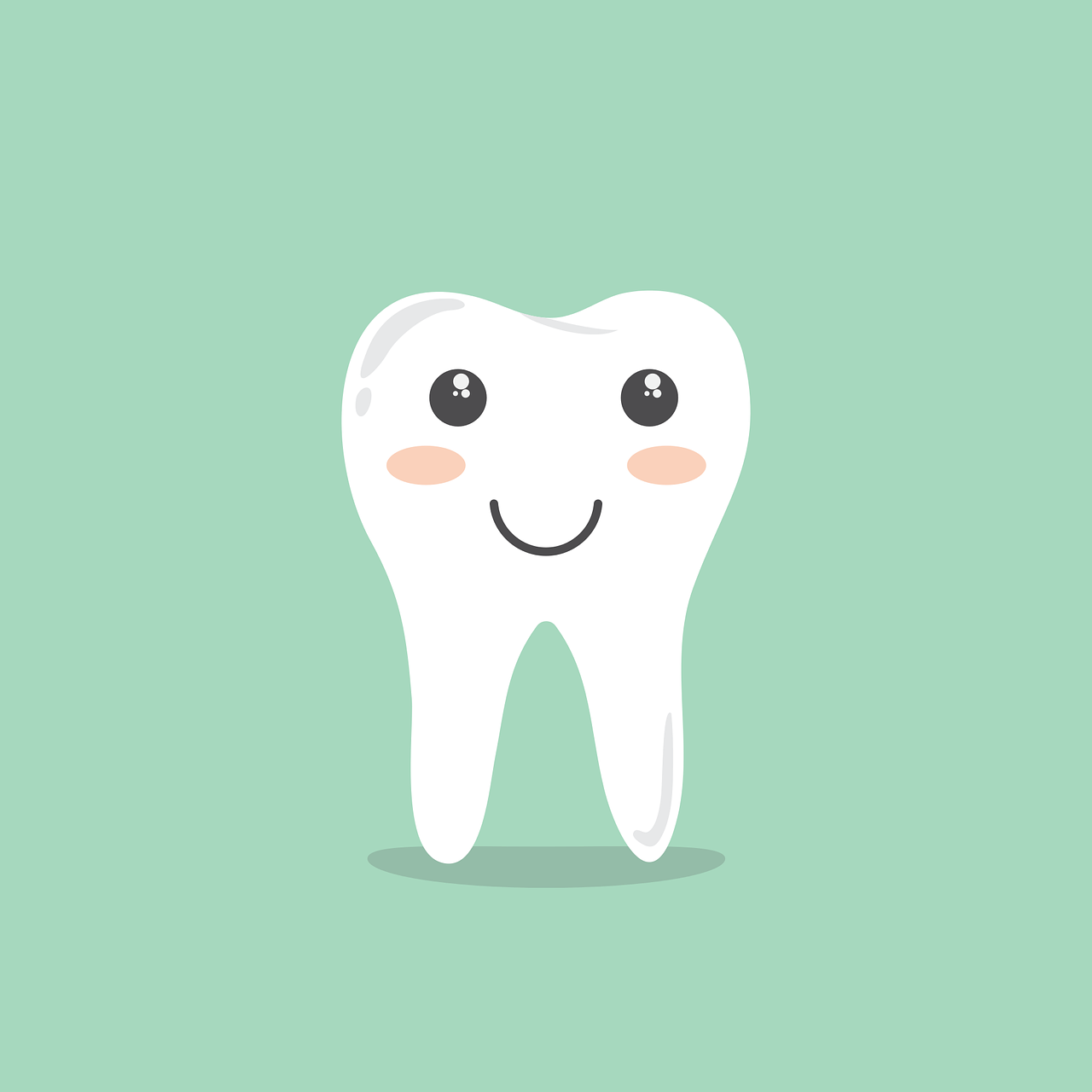Most of us think of a toothache or a chipped tooth when hearing ‘dental emergency.’ But there’s a more intense level. Extreme dental emergencies cause a lot more than just tooth pain. They can make you bleed a lot, or even break facial bones. Do you know what an extreme dental emergency looks like? We’ll find out which signs to watch for and why fast dental care is key.
Key Takeaways:
- Extreme dental emergencies require immediate attention and urgent dental care.
- Recognizing the signs and symptoms of an extreme dental emergency is crucial.
- Seek professional help promptly to prevent complications and protect your dental health.
- Knowing how to handle common extreme dental emergencies can make a difference.
- Emergency dental care is available even when the dental office is closed.
The Definition and Urgency of Extreme Dental Emergencies
In cases of extreme dental emergencies, getting immediate care is key. It helps with severe pain, symptoms, and stops issues from getting worse. These emergencies show up as intense toothache, a swollen face, mouth bleeding, or broken teeth from injury.
Experiencing severe dental pain often means it’s an emergency. This sharp, sudden toothache doesn’t go away with regular pain meds. It can stop you from doing normal activities and harm your health.
Knowing the signs of a dental emergency is critical for quick help. Along with strong pain, watch for a swollen face or jaw, and issues like trouble swallowing or bad breath. These signs mean you need to see a dentist fast.
Getting help right away is a must in an extreme dental emergency. Waiting can make things worse, causing more pain and possibly harming your teeth or mouth. Acting quickly helps ease pain, manages infection, and saves your dental health.
When you’re in an extreme dental emergency, contact a dentist immediately or go to an emergency dental care clinic. These experts are ready to give you care and reduce your intense pain. Getting help from them means getting the right diagnosis, treatment, and care for your exact emergency.
Handling Common Extreme Dental Emergencies
Knowing what to do in a dental emergency is vital. This quick action can lessen pain and stop issues from getting worse. If you’re dealing with a dental emergency, follow this advice:
- Toothache: Start by rinsing your mouth with warm water. Gently floss to remove any food stuck in your teeth. Do not put aspirin on your gums. It can irritate them.
- Chipped or Broken Tooth: If a tooth breaks, gather any pieces and rinse them. Use a cold compress on your face to reduce swelling. Then, find an emergency dentist right away.
- Knocked-Out Tooth: Clean the tooth with water but do not touch the root. Try putting it back in its socket if you can. Otherwise, keep it moist in milk or saliva and get to a dentist without delay.
- Lost Dental Filling or Crown: Cover the exposed area with temporary dental cement or wax. This helps until you see a dentist for a permanent fix.
- Severe Gum Bleeding: Rinse with saltwater and press clean gauze to the bleeding area. If it doesn’t stop, you need to see a dentist soon.
These tips are just for the first aid. It’s critical to visit an emergency dentist for a full check-up and the right treatment. Waiting too long can make things worse and harder to fix.
Conditions That Warrant Immediate Dental Treatment
If your tooth is knocked out or if you face dental trauma, it’s vital to get help right away. Quick treatment is needed to avoid complications and keep your teeth healthy.
Managing Dental Trauma
Many things can cause dental injuries, like accidents or sports. This can lead to a broken or knocked out tooth, a fractured jaw, or harm to the mouth’s soft areas.
When you have a dental injury:
- Stop the bleeding by pressing down with a clean cloth or gauze
- Clean your mouth by rinsing with warm water
- Use a cold compress to lessen swelling
- Call your dentist right away for special care
Quick dental care is key for better recovery from trauma. The dentist will see how bad the damage is and treat it. This could mean fixing your jaw or teeth, or putting a knocked-out tooth back in place.
Tooth Loss
Tooth loss can happen because of accidents, decay, or gum problems. It’s a serious issue that can affect how you look, talk, and eat.
If you lose a tooth, do these things:
- Wash the tooth with water but avoid the roots
- Try to put it back in its place
- If that’s not an option, store it in milk or saline
- Call your dentist for an urgent visit
Acting fast after losing a tooth can help save it. The dentist might reattach the tooth or suggest other ways to replace it. These could be dental implants, bridges, or dentures.
In short, dental injuries and tooth loss demand quick professional help. Acting promptly can save your teeth, lower any discomfort, and maintain your oral health well.
Emergency Dental Care: Steps to Take and Where to Seek Help
If you have a dental emergency, quick action is key. It ensures you get fast treatment and lessens any pain. We will cover necessary steps and where to find help for urgent dental issues.
First Aid for Severe Dental Injuries
Dealing with severe dental problems like a knocked-out or broken tooth needs first aid. It’s vital while waiting to see a dentist. Let’s go over some first aid you can do:
- Handle a knocked-out tooth by its crown, not the roots. Clean it with water if dirty and try reinserting it. If this isn’t possible, store it in milk or saliva until you see a dentist.
- Rinse your mouth if you have a broken tooth. Apply a cold compress to ease swelling. If pain persists, consider taking over-the-counter pain medicines.
- If you have a bad toothache, rinse your mouth to clear debris. Avoid pain solutions on your teeth. Use over-the-counter oral gels or pain meds instead.
These first aids help a bit until you see a dentist. Remember, seeing a dentist right away is crucial for the best care and understanding the injury.
Navigating Care When a Dental Office is Closed
But what if a dental emergency happens after hours? It’s vital to know where to turn. Here are your options:
- If your dental issue happens during office hours, call your dentist. They might see you or offer other care options.
- For after-hour emergencies, reach out to an emergency dental hotline or clinic. They’re skilled in urgent care for dental problems.
- If the problem is severe and you need immediate help, go to the ER. Though they don’t do full dental work, they can manage severe pain or bleeding for a while.
Seeking dental help fast is always important, even if it seems minor. Not getting treated promptly can lead to bigger problems. Know who to call and where to go for dental emergencies. Keep this info close for when you need it.
Conclusion
Extreme dental emergencies are serious issues needing fast care. It’s key to spot severe dental pain and symptoms. Signs like sharp tooth pain, face or jaw swelling, mouth bleeding, or a broken tooth are warnings. They should be seen by a dentist right away to avoid making it worse.
Knowing how to deal with big dental problems is crucial. This includes how to act when there’s a tooth injury or loss. But remember, always get emergency treatment from a dental expert or at an urgent care. They can give the right care.
When faced with a serious dental issue, quick help is a must. Learn the signs of bad tooth pain and what to do in these cases. Fast actions and knowing how to respond can keep your smile healthy. So, always be ready for any dental emergency.
If you need an emergency dentist in Charlotte, NC contact Smiles by Payet Dentistry, we are accepting new patients in the Charlotte, NC area.







